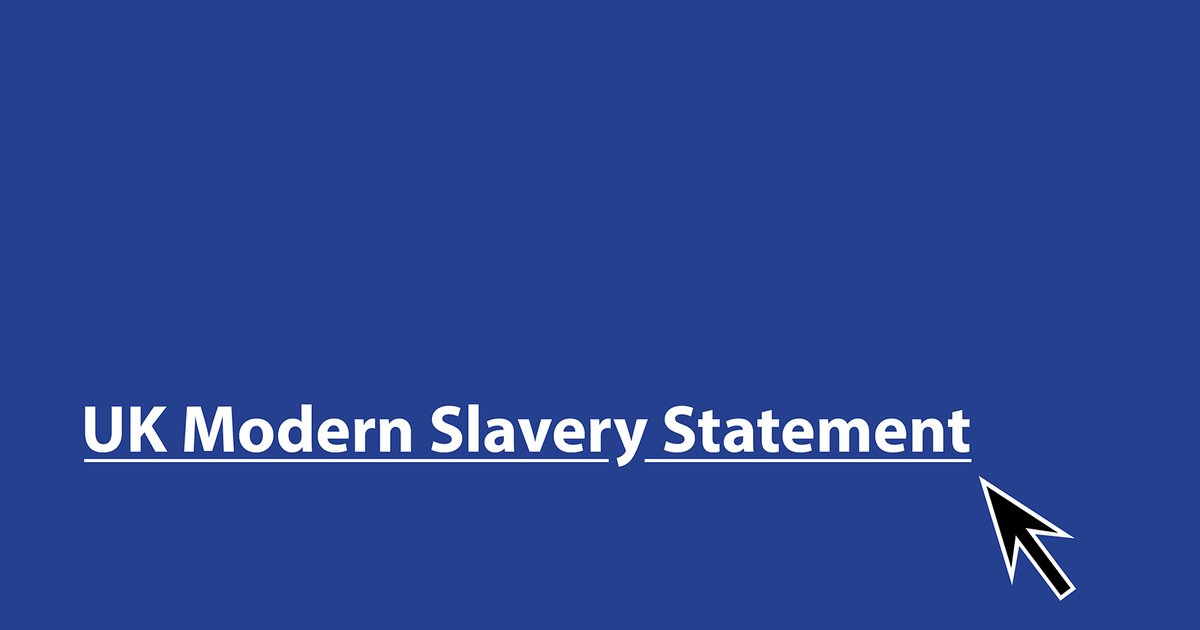
Under section 54 of the UK’s Modern Slavery Act 2015, corporations doing business in the UK that have an annual turnover greater than £36m are obliged to publish a statement accessible from their homepage, that is signed by a director or equivalent, on the steps that they have taken – if any! – to “ensure that slavery and human trafficking is not taking place in any of its supply chains, and in any part of its own business”.
We’ve been looking at some of the metaphors that large, multi-channel retailers in the UK have used in these statements. Very basically, metaphors apply what we know about a familiar topic to a more complex or less familiar topic. As such, the metaphors used to describe or explain a certain concept give us unique insight into how this concept is understood.
We examined statements published by Marks & Spencer, John Lewis and Mothercare in 2016, 2017 and 2018. These companies have all actively contributed to efforts in Britain against what the UK government terms ‘modern slavery’, beyond just publishing those statements. As such, these companies may, to some extent, be considered role models.
A disease in need of a cure
One set of metaphors comes from the domain of medicine or hygiene. These describe modern slavery as a substance, located in the conduit that is the supply chain, that is as spreading or growing. This suggests that modern slavery is understood as something like a stain or a virus. Marks and Spencer, for instance, writes that no company is “immune” or “untainted”, and that there’s a need for a “diagnosis”. The implication of such a sustained metaphor is the need for an aggressive, treatment-like response. Preventative measures, such as ensuring that people are less vulnerable to exploitation in the first place, are of later concern, once the stain or virus is under control, or even removed. Indeed, the most mentioned response is one of “eradicating” the “issue”.
Related responses also draw from the domain of violence, with words such as “combating”, “tackling” and “targeting” the issue. We find such metaphors of violence problematic, as they justify physically violent responses, such as police raids, which often further traumatise and harm those already exploited.